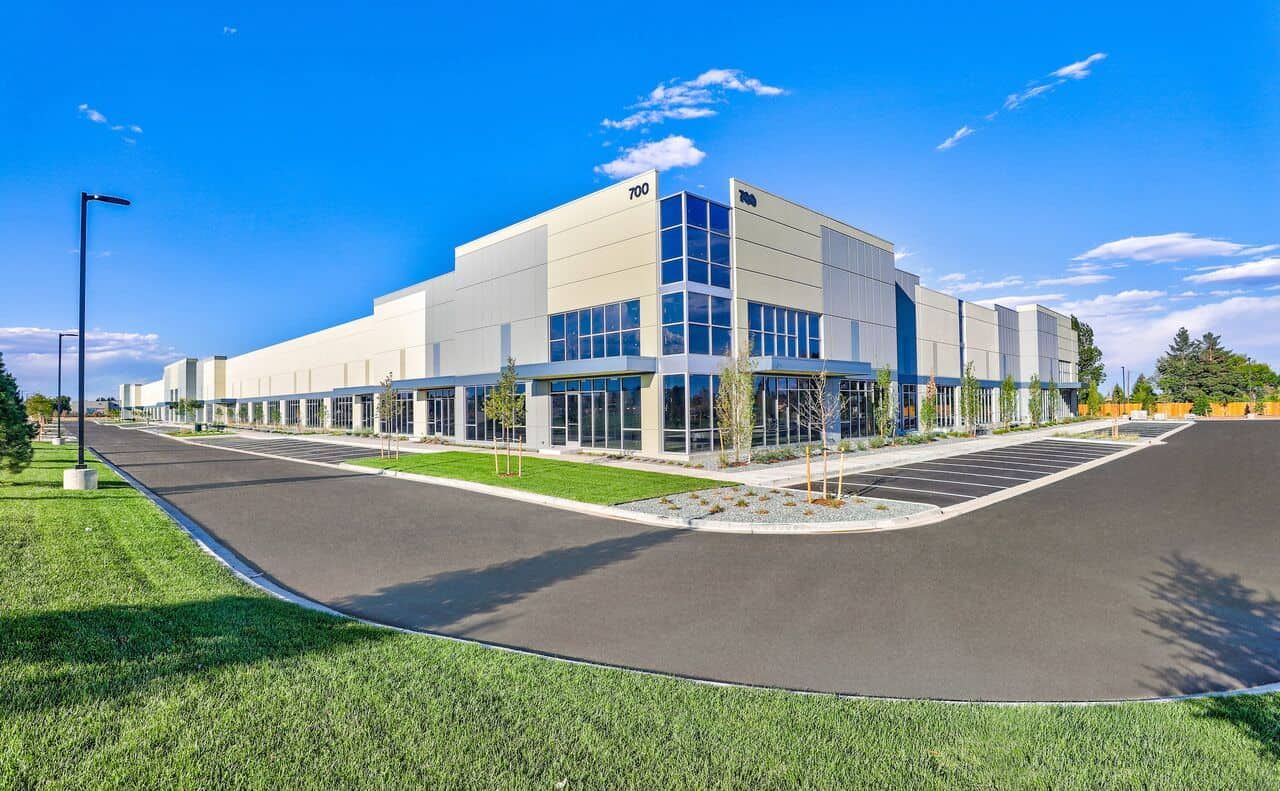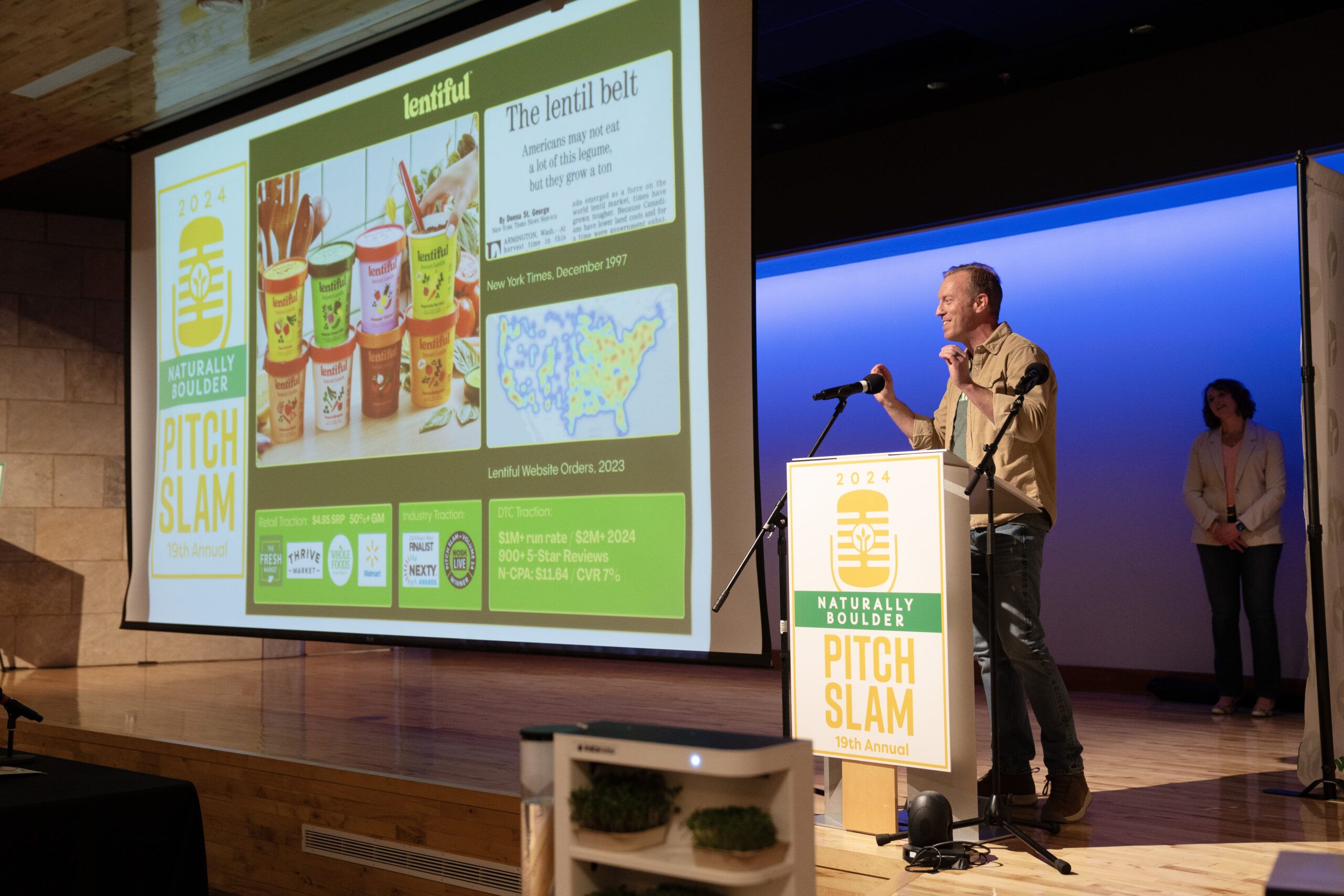Supply-chain drama makes sustainability more challenging for natural-product makers
Editor’s note: This article has been updated to correct the name of New Edge Coaching.
BOULDER — Environmental sustainability efforts are more critical than ever, but as the global supply-chain crunch makes raw materials and packaging supplies more expensive for Boulder Valley area natural and organic product makers, those green initiatives become more challenging.
“The stress from pandemic, climate change, population growth is only going to get worse,” organic foods entrepreneur and Flock LLC chairman Mark Retzloff said Tuesday during BizWest’s virtual Natural and Organic Product Industry CEO Roundtable.
SPONSORED CONTENT
Companies in the space need to be leaders in responsibility, he said, especially because of the high levels greenhouse gases agribusinesses and food makers produce.
“We’ve got to get serious here,” Retzloff said, urging his industry mates not to take their eyes off the sustainability ball.
That can be easier said than done as the cost of sourcing goods and acquiring talent is on the rise.
“We’re constantly changing our production schedule” to work around the availability of certain raw materials, Claremont Foods CEO Alex Cioth said. Lack of supply availability and inflation are “unprecedented and certainly much worse this year than last year.”
OHi Foods CEO Lance Palumbo agreed that 2021 has seen “short supply and prices rising across the board for our primary ingredients.”
WishGarden Herbal Remedies CEO Sam Hunziker noted that a shortage of truck drivers is also driving up the price of transport and predicted that large consumer packaged goods companies could begin raising prices significantly this year.
That could have a cascading effect for smaller producers in the Boulder Valley.
“This is creating the conversation about when and how much we raise prices,” he said.
Because they control so much of the food industry’s pricing structure, shifts toward more sustainable practices must be driven, at least in part, by the major corporate players.
“I’ve heard a lot of talk from these larger groups but I’ve yet to see any coordinated effort,” Fresca Foods Inc. CEO Brandon Viar said.
Smaller players price themselves out of competition if they’re overly ambitious about raising the cost to consumers.
“When you’re trying to sell into a nationwide construct … it’s pretty difficult to pass along these price increases,” Natural Food Works LLC managing partner Michael Silverman said.
Still, local companies are finding creative ways to improve their bottom lines and their carbon outputs, Farm Ingredients CEO Celia Bloomfield said.
Appleooz CEO Mark Wood was sourcing his apples from out of state, but his “carbon footprint and cost was driving me crazy,” he said, so he found a local source for apples that was less expensive.
Pastificio Boulder founder Claudia Bouvier agreed that localized supply chains and farmer networks are less likely to be bogged down by macroeconomic impacts.
Rowdy Mermaid CEO Jamba Dunn said his company has switched from glass bottles to cans because it reduces pallet weight and therefore is less environmentally damaging to deliver.
Companies would be willing to transition to more sustainable packaging, but it can be difficult to find materials that perform as well as plastic, Mulay’s Sausage Corp. founder Loree Mulay Weisman said.
Awakened Foods CEO Dustin Finkle suggested that the industry and society might benefit from some sort of economic incentive or subsidy that encourages more sustainable practices in the food industry.
”The conscious consumer is already here,” Terraseed CEO Maria Cebrian said, and brands need to get on board or risk falling behind the curve.
The tight labor market is affecting nearly every industry, and natural and organic producers are not immune.
“How do we find people?” Naturally Boulder managing director Bill Capsalis asked. “It’s hard to compete.”
Verb Biotics LLC president Todd Beckman agreed, noting that “what we thought was market [rate] for salaries and comp[ensation] is not market anymore.”
The pressure of the pandemic and corresponding economic hiccups have made for a particularly stressful environment for industry leaders.
“Human beings do their best thinking when they’re relaxed,” New Edge Coaching founder Justin Perkins said, leading to a dearth of creative solutions for the industry’s woes.
He expressed confidence in the industry’s ability to overcome its challenges if leaders take a breath, relax and think rationally.
Perhaps an extended retreat at an ashram would do the trick, Perkins joked.
Tuesday’s BizWest CEO Roundtable was attended by event sponsors Ashley Cawthorn of Berg Hill Greenleaf Ruscitti LLP, and Jim Cowgill, Justin Dodge and Jeremy Wilson of Plante Moran. Bank of Colorado is also a sponsor of the event series.
© 2021 BizWest Media LLC
Editor’s note: This article has been updated to correct the name of New Edge Coaching.
BOULDER — Environmental sustainability efforts are more critical than ever, but as the global supply-chain crunch makes raw materials and packaging supplies more expensive for Boulder Valley area natural and organic product makers, those green initiatives become more challenging.
“The stress from pandemic, climate change, population growth is only going to get worse,” organic foods entrepreneur and Flock LLC chairman Mark Retzloff said Tuesday during BizWest’s virtual Natural and Organic Product Industry CEO Roundtable.
Companies in the space need to be leaders in responsibility, he said, especially because…
THIS ARTICLE IS FOR SUBSCRIBERS ONLY
Continue reading for less than $3 per week!
Get a month of award-winning local business news, trends and insights
Access award-winning content today!





